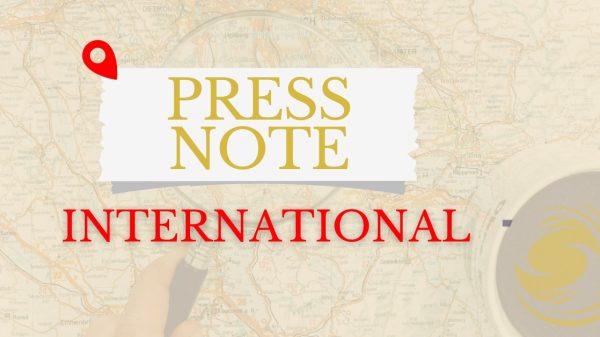Bangladesh remains politically unstable a year after the uprising as interim reforms stall

Gaza faces spiral into irreversible collapse as aid is blocked and civilians killed
Al Jazeera,
Humanitarian conditions in Gaza deteriorated further on 4 August 2025, with aid agencies warning of a “spiral into irreversible collapse” as food convoys remain stalled outside the enclave and Israeli fire continues to kill civilians near distribution points. At least five aid seekers were reported killed while tens of thousands wait for desperately needed supplies; 22,000 aid trucks were stuck outside, exacerbating malnutrition and famine risks. International pressure has grown over the handling of aid flows, but access remains inconsistent and violent incidents around distribution sites persist. The situation is compounded by ongoing military operations, rising child mortality from hunger, and sharply increasing desperation among the population. —
Hostage families criticize Israeli war plans, warning of devastation if military escalation continues
DW,
After ceasefire negotiations with Hamas collapsed, hostage families publicly denounced reported Israeli plans for a “decisive” military campaign in Gaza, saying such operations would endanger captives and push the enclave toward further devastation. The Hostages and Missing Families Forum accused Prime Minister Netanyahu of steering both Israel and the hostages into ruin, highlighting deep fractures between political-military strategy and humanitarian concerns. The criticism comes amid stalled diplomacy on hostage release and growing international unease over the potential human cost of renewed offensives. Families and some Israeli media voices are urging restraint, arguing that aggressive military moves could foreclose negotiated solutions and intensify regional backlash.
U.S.–China AI chip standoff deepens as China demands security proofs and Washington debates export policy
Reuters,
Tensions over AI chip flows have intensified: China’s state media and cyberspace regulator have pressed Nvidia to furnish “convincing security proofs” for its H20 chips, alleging potential backdoors and cybersecurity risks following the recent reversal of U.S. export restrictions. Nvidia has flatly denied any hidden access mechanisms, insisting its chips contain no backdoors and that cybersecurity is a priority. In Washington, the decision to relax sales controls has triggered sharp debate, with lawmakers divided over whether resuming shipments helps maintain technological leverage or undercuts national security. The episode underscores the broader technology rivalry, with concerns on both sides about dependency, trust, and the limits of export controls.
Bangladesh remains politically unstable a year after the uprising as interim reforms stall
AP,
One year after the student-led uprising that toppled former Prime Minister Sheikh Hasina, Bangladesh continues to grapple with instability and a stalled reform agenda under the interim government led by Nobel laureate Muhammad Yunus. Eleven commissions were created to guide change, yet political consensus is elusive, and rival factions—including former opposition forces and new student movements—remain polarized. Human rights groups note some easing of repression but warn of arbitrary detentions and lingering abuses. Religious hardliners are regaining influence, further complicating governance. Promised elections have not materialized, and public frustration grows amid persistent violence, unclear justice mechanisms, and doubts about the durability of democratizing momentum. .
BRICS summit in Rio sees leaders adopt a declaration to deepen Global South cooperation amid internal strains
The Guardian,
At the 17th BRICS Summit in Rio de Janeiro, leaders signed a renewed declaration emphasizing inclusive global governance, climate action, and a collective Global South voice, even as notable absences and internal fissures surfaced. Brazilian President Luiz Inácio Lula da Silva framed the gathering as a counterweight to eroding multilateralism, while the bloc pledged to explore climate finance initiatives and strengthen cooperation on shared challenges. The declaration avoided aggressive confrontations over currency or fossil fuels but signaled ambition to reshape global institutions. Skepticism remains due to differing member priorities, transparency concerns, and the absence of China’s president, underscoring the tension between unity and divergent national interests.












